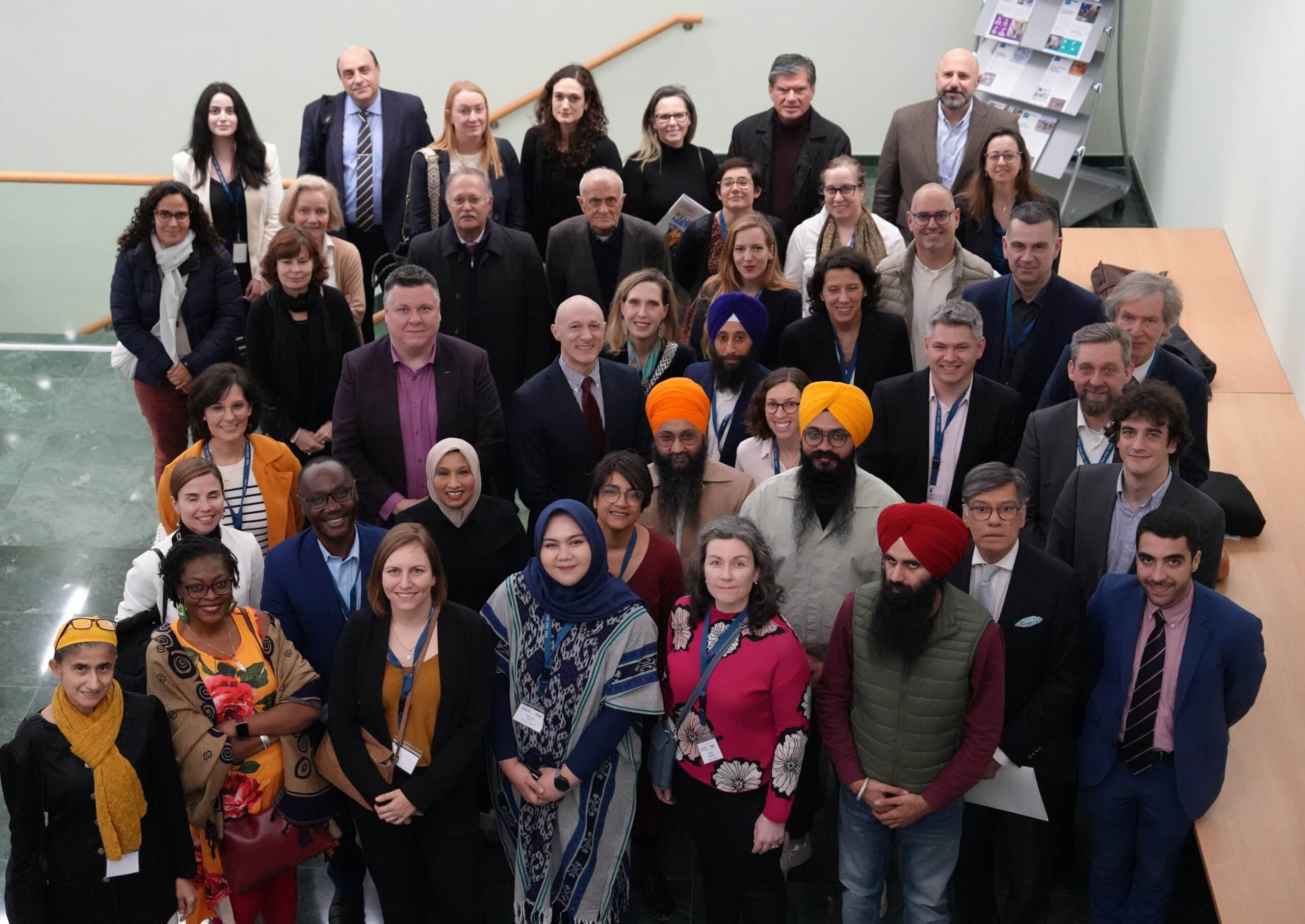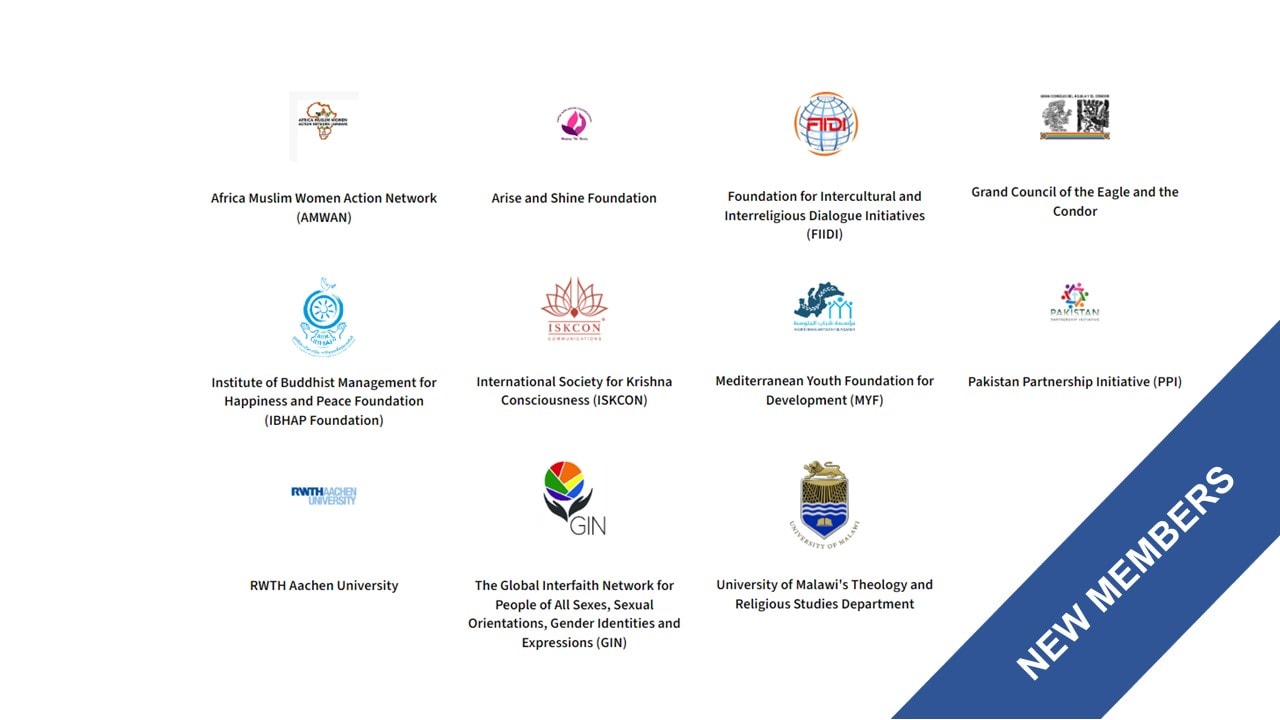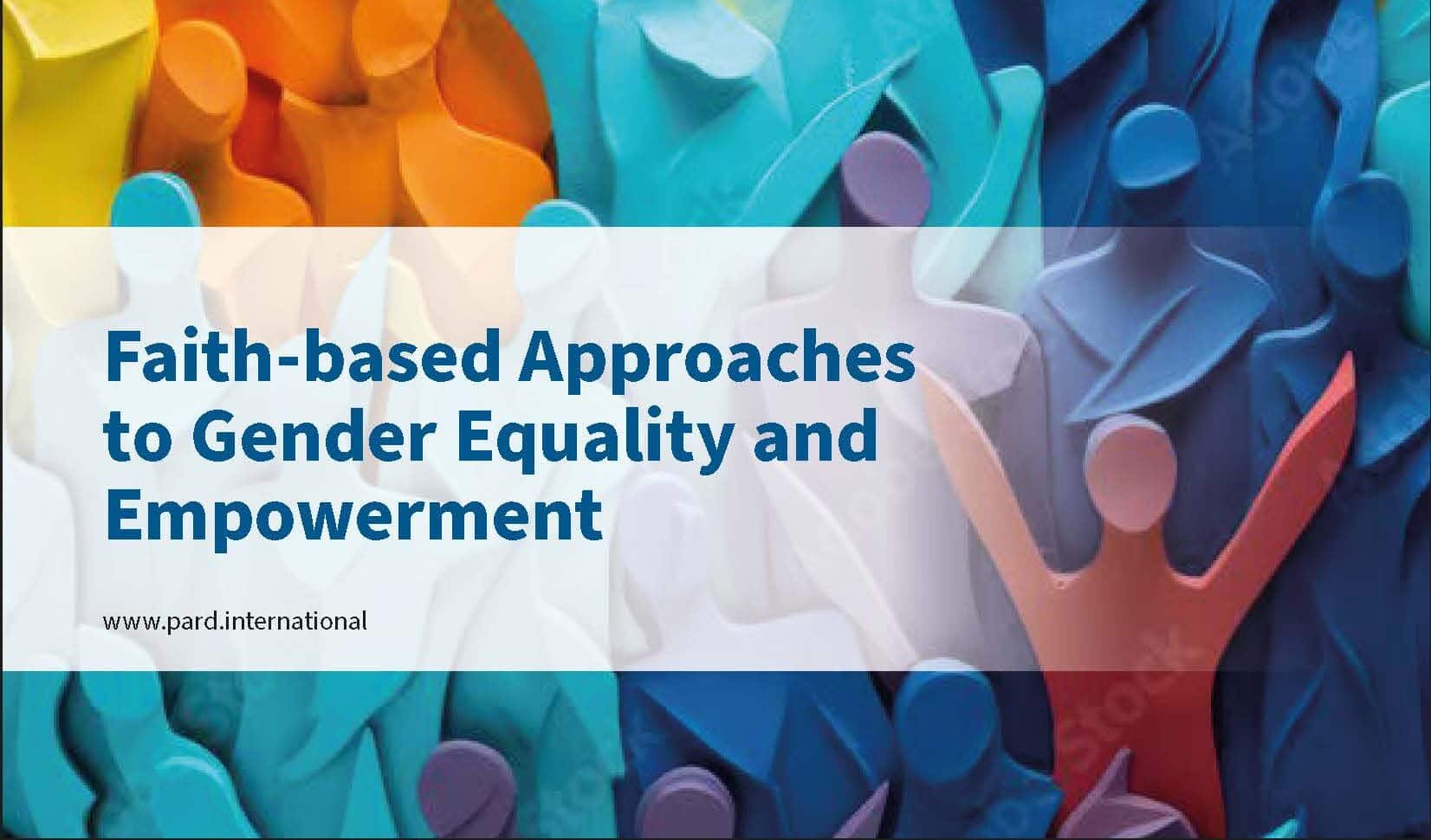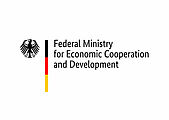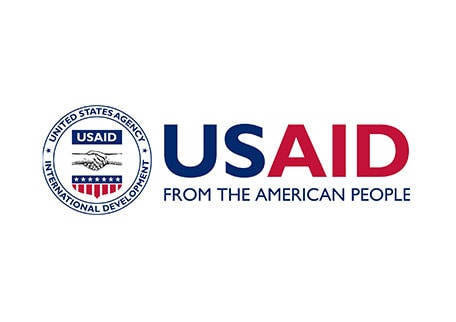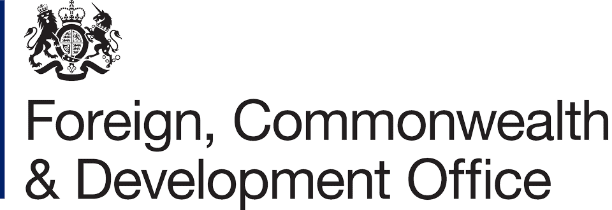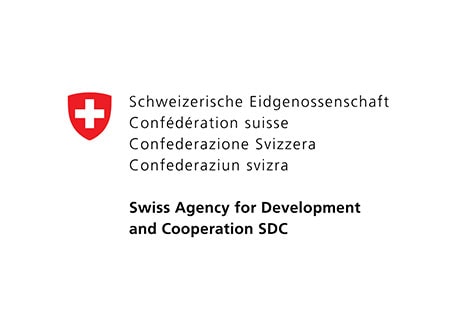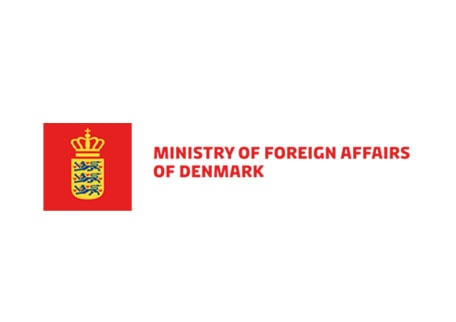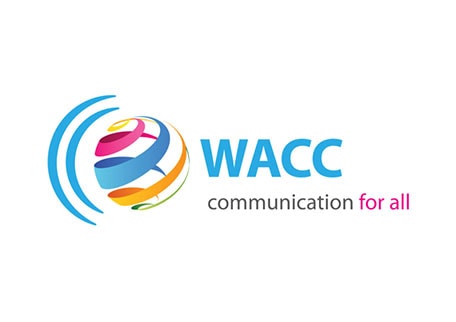More children are currently displaced than at any other time in history. Recognizing this pressing issue, 120 practitioners, policymakers, academics, and faith representatives came together to address the urgent problem of providing faith-sensitive mental health and psychosocial support (MHPSS) for displaced children. The result is a comprehensive and elaborated policy brief made possible by collaboration between PaRD members.
According to UNICEF, more than 70 million children worldwide are displaced within their own countries or have migrated over borders in search of security, stability and refuge. Sometimes they are with parents or caregivers. Sometimes they are alone.
Displaced and migrating children face higher rates of mental health disorders due to exposure to violence, instability, and trauma. Without effective support, these children can suffer lifelong negative consequences. Mental health and psychosocial support (MHPSS) that is adapted to faith and culture can help reduce distress, strengthen the children’s sense of belonging and boost resilience.
This policy brief is the result of a collaborative initiative with content drawn from the reflections of 128 participants who took part in three online roundtables between December 2022 and January 2023. Participants included representatives from local and international non-governmental organisations (NGOs) (faith-based and secular), UN agencies, government departments and universities as well as independent psychologists and psychiatrists.
The three roundtables focused on Latin America, Syrian refugee response in the Middle East, and response to children affected by the war on Ukraine.
Cultural and spiritual support can reduce toxic stress in displaced children
The policy brief draws attention to the increasing number of displaced and migrating children globally and highlights the urgent need for culturally and faith-sensitive MHPSS. Relationships within families and among peers can fracture when the negative mental health impacts of stressors related to violence, conflict and displacement are not addressed. MHPSS that is responsive to the faith or culture of the affected individual can build upon deeply-held beliefs and help to heal these ‘invisible wounds.’
“Integrating MHPSS into peacebuilding programming in order to address unresolved grief, anger and distress can lead to improved well-being within individuals, enabling people to resist violence, build agency and ultimately contribute to the transformation of societal structures to toward resilience and social justice.”
The policy brief thus outlines eight policy recommendations to improve children’s access to faith-sensitive MHPSS. These include investing in context specific staff training on cultural and faith norms specific to a programme, and ensuring the meaningful participation of children, caregivers and respected persons of faith to design faith-sensitive MHPSS interventions.
PaRD members continue collaboration on faith-sensitive MHPSS across recent years
This policy brief is the second stage of the Fostering Resilience on the Move series, initiated by PaRD. In the first stage, recommendations for practice were developed through a series of online discussions with diverse global stakeholders. The results can be found in the booklet, “Faith Sensitive MHPSS to Foster Resilience in Children on the Move.”
“In many cultures globally, the very understanding and definition of health and well-being includes spiritual well-being as an essential component required for human flourishing – alongside other elements, such as biological, economic and relational well-being.”


